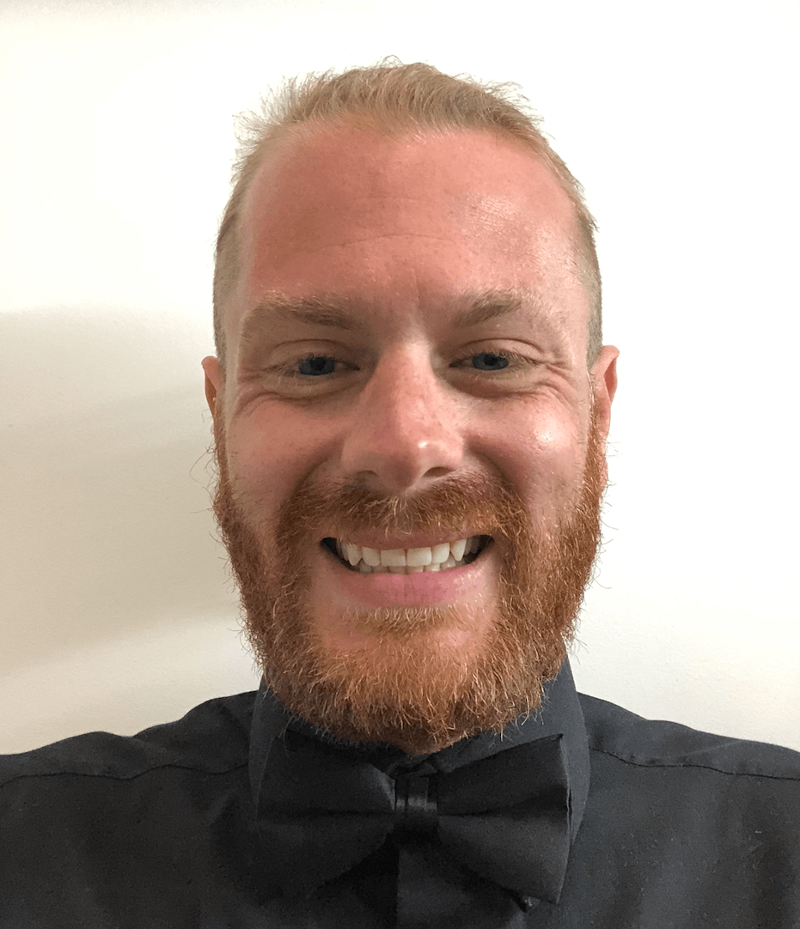
Robbee Wedow

Assistant Professor of Sociology and Data Science
University of Colorado Boulder
rwedow@purdue.edu
219-851-2193
STON 333A
robbeewedow.com
Computational and Systems Biology
Active Mentor - currently hosting PULSe students for laboratory rotations and recruiting PULSe students into the laboratory; serves on preliminary exam committees
Current Research Interests:
Dr. Wedow's main research interest is in social science and behavioral genetics, which lies at the intersection of sociology, psychology, demography, and statistical & computational genetics. He is interested in large-scale genomics analyses, and also in how social forces and environments interact with genetics. He uses recent advances in genetic data collection, massive biobank-scale data, and methodological developments in statistical genetics to carry out his research. He is also deeply dedicated to clearly and sensitively communicating the findings from his work in an ethically-engaged and community-based fashion. He has written and taught widely on the ethical considerations and societal impacts of modern-day genomics research. He is actively involved in helping lead NSF funded work to restructure genetics curriculum in high school in order to be less deterministic, and instead to accurately reflect complex human variation.
Dr. Wedow completed his PhD in Sociology and Statistical/Behavioral Genetics at the University of Colorado Boulder in 2018. He completed his postdoc in the Stanley Center for Psychiatric Research at the Broad Institute of MIT and Harvard, in the Department of Sociology at Harvard University, in the Analytic and Translational Genetics Unit at Massachusetts General Hospital, and in the Department of Epidemiology at the Harvard T.H. Chan School of Public Health in 2022. His work outside of social science genetics focuses on population health, health disparities, and quasi-experimental designs and methodologies.
Selected Publications:
Lee J*, Wedow R*, Okbay A*, …, Turley P, Visscher P, Benjamin D, and Cesarini D. (2018). Gene discovery and polygenic prediction from a 1.1-million-person GWAS of educational attainment. Nature Genetics. doi: 10.1038/s41588-018-0147-3
Liu M*, Jiang Y*, Wedow R*, Li Y*, …, Abecasis G, Liu D, and Vrieze S. (2019). Association studies of up to 1.2 million individuals yield new insights into the genetic etiology of tobacco and alcohol use. Nature Genetics. doi: 10.1038/s41588-018-0307-5
Karlsson Linner R*, Biroli P*, Kong E*, Meddens SF*, Wedow R*, …, Benjamin D, Koellinger P, and Beauchamp J. (2019). Genome-wide association analyses of risk tolerance and risky behaviors in over one million individuals identify hundreds of loci and shared genetic influences. Nature Genetics. doi: 10.1038/s41588-018-0309-3
Wedow R, Zacher M, Huibregtse B, Harris K, Domingue B, and Boardman J. (2018). Education, smoking, and cohort change: Forwarding a multidimensional theory of the environmental moderation of genetic effects. American Sociological Review. doi: 10.1177/0003122418785368
Ganna A*, Verweij K*, Nivard M*, Maier R*, Wedow R*, ..., Perry J, Neale B, and Zietsch B. (2019). Large-scale GWAS reveals insights into the genetic architecture of same-sex sexual behavior. Science. doi: 10.1126/science.eaat7693
Phelps S* and Wedow R*. (2019). What genetics is teaching us about sexuality. New York Times.
- Faculty Profile

